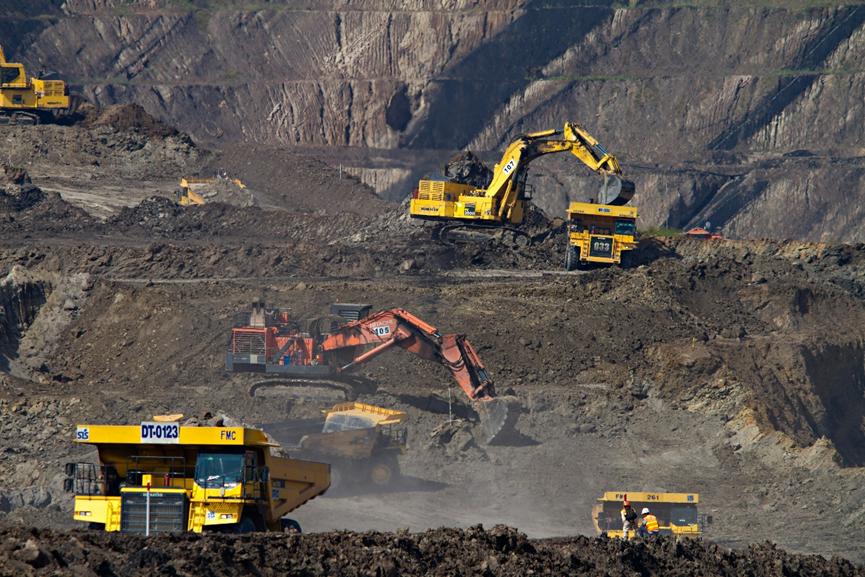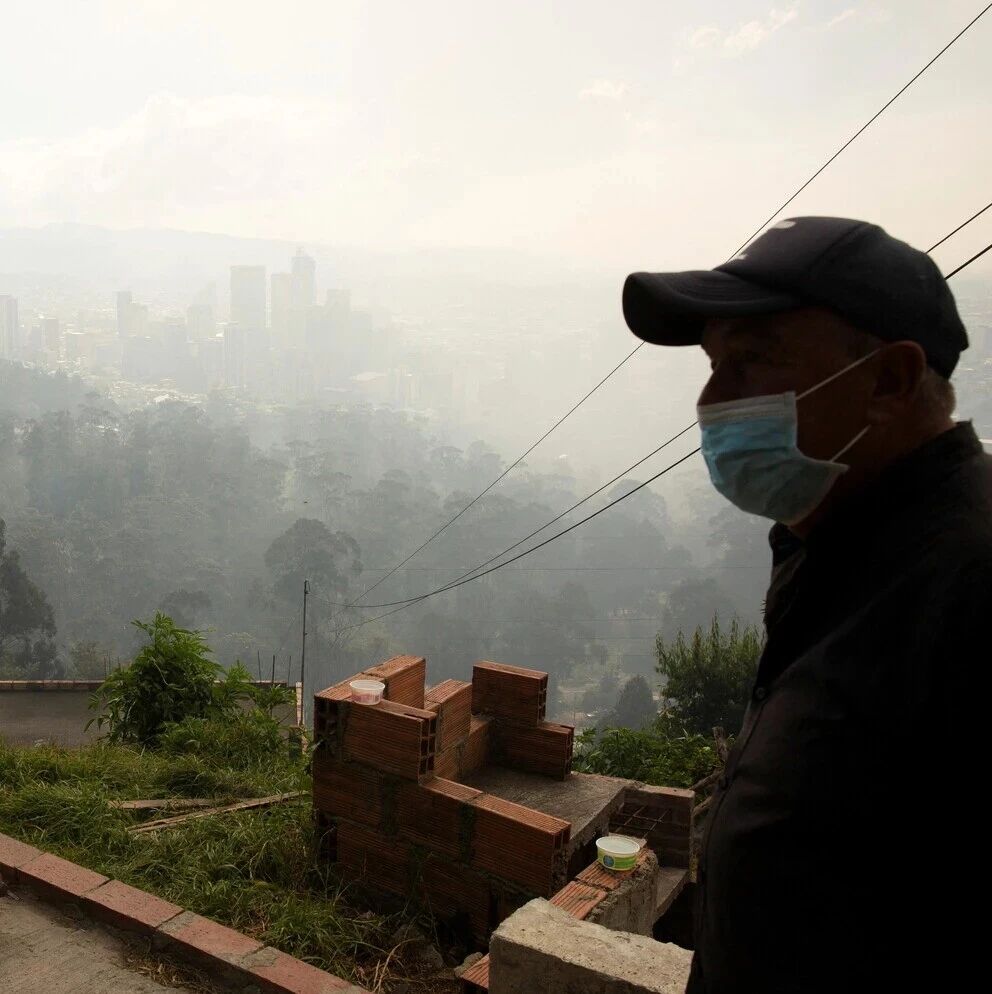To mitigate climate change, we must break free from our dependence on fossil fuels.
Image source:Dominik Vanyi/Unsplash
Mike Scott
Freelance Writer
The transition to green energy and sustainable production has already made progress, but we’re not yet reducing our reliance on fossil fuels fast enough.
The slow pace of emissions reduction is the result of interplay among economic, political, technological, and societal factors.
But we still have every reason to remain hopeful.
The world must rapidly cut greenhouse gas emissions. While significant progress has been made in adopting renewable energy across transportation and the energy sector, the pace of this transition still falls short of meeting the global net-zero emissions goal. What obstacles are we facing? And what can we do to accelerate the energy transition?Shifting swiftly away from fossil fuels and fossil-based materials has become deeply embedded in global diplomacy, national and corporate objectives, as well as public awareness. At the 28th United Nations Climate Change Conference (COP28), countries agreed to "phase out reliance on fossil fuels," double global renewable energy capacity, and double energy efficiency efforts.However, despite global efforts to move away from fossil fuels, greenhouse gas emissions in 2023 still reached a record high, according to data from the Global Carbon Budget."Can the pace of the energy transition really be fast enough to help us avert the climate crisis? Clearly, it can't," says Eliot Whittington, Chief System Change Officer at the Cambridge Institute for Sustainability Leadership. "The electricity sector is transforming incredibly quickly—and it’s only accelerating. In road transportation, particularly for light-duty vehicles, progress is already yielding tangible results. But in areas like steel, cement, shipping, and aviation, the transition is simply not happening fast enough.",,(SAF),,“(SAF),Song:“,,”:,2030,14%,3.5%;,SAF,20252%205070%(LCFS),,,(IRA),(Climate Policy Initiative)(Allen & Overy),2050,184,20305.5,203020506.420229200,"This is truly challenging. It’s one of the biggest transformations humanity has ever attempted. Completely overhauling the energy system that underpins our entire economy will require investments on an enormous scale," Gross said.Fair Transition: Take it slow to do it right.Any transformation will impact people's lives and their future—this is a crucial consideration during the transition, as it could lead to the decline of certain industries, disrupt others, and even give rise to entirely new ones.Energy transition must be a just transition—exactly as envisioned by the Paris Agreement: one that delivers green, decent jobs and builds resilient communities. "If we lose public support," Gross says, "we’re finished. But if we move too quickly, we’ll fail to win people’s acceptance—and then everything will grind to a halt. In many countries, especially emerging markets, the priority remains raising living standards and incomes, not cutting emissions."Hundreds of millions of people worldwide still lack access to energy, and billions remain without modern cooking fuels. "Any solution that fails to empower them with the means for development isn’t truly a solution—but they can achieve progress without harming the environment as we have," Gross said.Another challenge is that the green economy is capital-intensive in its early stages of development. Operators must invest significant funds upfront, which poses a hurdle—especially for poorer countries. Moreover, as inflation and interest rates soar, these initial expenditures become even more burdensome, creating additional challenges for project developers.The rising cost of living has also impacted individual consumers, for whom spending on sustainable alternatives feels like a luxury—they can’t afford it or aren’t willing to prioritize these products.Finally, geopolitical instability is also hindering the achievement of the Sustainable Development Goals, as security, defense, and warfare increasingly capture global attention—and, naturally, attract more funding as well.It’s easy to fall into a pessimistic mindset. Breaking free from our reliance on fossil fuels and fossil-based raw materials is an enormous challenge. There are countless factors to consider, and none of them can be easily addressed—or even tackled in isolation. In the face of such a tough situation, asking how we can accelerate the energy transition might seem out of place right now. Instead, the real focus should be on adopting the right approach to this transformative shift.Significant progress has already been made in the fields of renewable fuel development, clean energy, energy storage, and electric vehicles. This gives us great hope that, as we transition away from fossil resources, we may see a snowball effect—gaining momentum, scaling up rapidly, and ultimately ensuring that this transformation is carried out in a fair and environmentally sustainable manner for the long term.
This article was jointly published by the World Economic Forum and Neste, translated fromThe World Economic Forum Agenda Blog—Chinese version is for reference only.Feel free to share this on WeChat Moments; please leave a comment below the post if you’d like to republish.
Translated by: Sun Qian | Edited by: Wang Can
The World Economic Forum is an independent and neutral platform dedicated to bringing together diverse perspectives to discuss critical global, regional, and industry-specific issues.
Follow us on Weibo, WeChat Video Accounts, Douyin, and Xiaohongshu!
"World Economic Forum"





